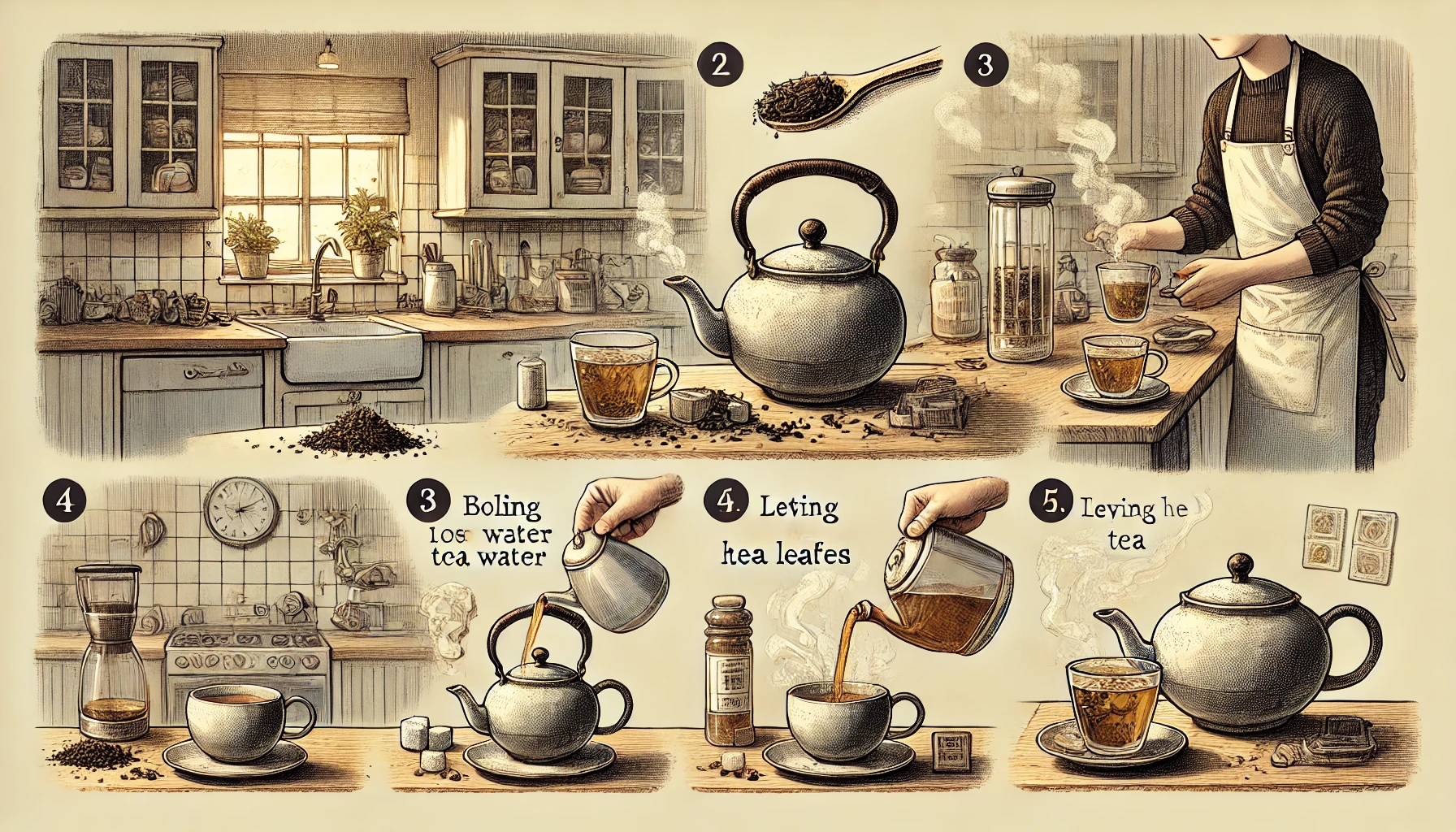In today’s fast-paced world, maintaining mental well-being is more important than ever. Balancing work, family, and personal commitments can take a toll on your mental health. This comprehensive guide will explore effective strategies to nurture your mind, reduce stress, and improve overall well-being.
Understanding Mental Well-being
Mental well-being refers to the state of your emotional and psychological health. It encompasses how you think, feel, and behave. Good mental health helps you manage stress, build strong relationships, and recover from setbacks. Here’s why it’s crucial:
- Enhances Productivity: A healthy mind is more focused and efficient.
- Improves Relationships: Emotional stability helps you connect better with others.
- Boosts Resilience: Strong mental health equips you to handle life’s challenges.
Strategies for a Healthier Mind
1. Practice Mindfulness
Mindfulness involves being present and fully engaged in the moment. It helps reduce stress and increase self-awareness. Techniques include:
- Meditation: Regular meditation can improve focus and reduce anxiety.
- Breathing Exercises: Deep breathing can calm your mind and body.
- Mindful Eating: Paying attention to your food can enhance your eating experience and promote better digestion.
2. Maintain a Balanced Lifestyle
A balanced lifestyle supports mental well-being. Consider the following:
- Regular Exercise: Physical activity releases endorphins, which boost mood.
- Healthy Diet: Nutrient-rich foods support brain function and emotional health.
- Adequate Sleep: Quality sleep is essential for cognitive function and emotional stability.
3. Build Strong Relationships
Social connections are vital for mental health. To strengthen your relationships:
- Communicate Openly: Share your thoughts and feelings with loved ones.
- Spend Quality Time: Engage in activities you enjoy with friends and family.
- Seek Support: Don’t hesitate to ask for help when you need it.
4. Set Realistic Goals
Setting and achieving goals gives you a sense of purpose and accomplishment. Tips for effective goal-setting:
- Be Specific: Clearly define what you want to achieve.
- Break It Down: Divide large goals into manageable steps.
- Stay Flexible: Be prepared to adjust your goals as needed.
5. Practice Self-care
Self-care is about taking time to nurture yourself. Activities include:
- Hobbies: Engage in activities that bring you joy and relaxation.
- Relaxation Techniques: Try yoga, reading, or taking baths.
- Disconnect: Take breaks from technology and social media to recharge.
6. Seek Professional Help
If you’re struggling with your mental health, seeking professional help is crucial. Options include:
- Therapy: Talking to a therapist can provide valuable insights and coping strategies.
- Counseling: Counselors can help you navigate personal challenges and improve mental well-being.
- Support Groups: Joining a group of people with similar experiences can provide support and reduce feelings of isolation.
Mental well-being is an ongoing journey that requires attention and effort. By incorporating these strategies into your daily life, you can cultivate a healthier mind and a more fulfilling life. Remember, taking care of your mental health is not a luxury but a necessity. Make it a priority, and you will see the benefits in all areas of your life.
English Books on Mental Well-being
- “The Power of Now: A Guide to Spiritual Enlightenment” by Eckhart Tolle
- This book explores mindfulness and living in the present moment, which are key to mental well-being.
- “The Happiness Project” by Gretchen Rubin
- Rubin’s journey to discover what makes her happy provides practical tips and insights for improving mental health.
- “Mindfulness in Plain English” by Bhante Henepola Gunaratana
- A comprehensive guide to mindfulness and meditation practices.
- “The Mindful Way Through Depression: Freeing Yourself from Chronic Unhappiness” by Mark Williams, John Teasdale, Zindel Segal, and Jon Kabat-Zinn
- This book combines mindfulness practices with cognitive therapy to address depression.
- “Atomic Habits: An Easy & Proven Way to Build Good Habits & Break Bad Ones” by James Clear
- Although not solely about mental well-being, this book provides strategies for building positive habits that support mental health.




